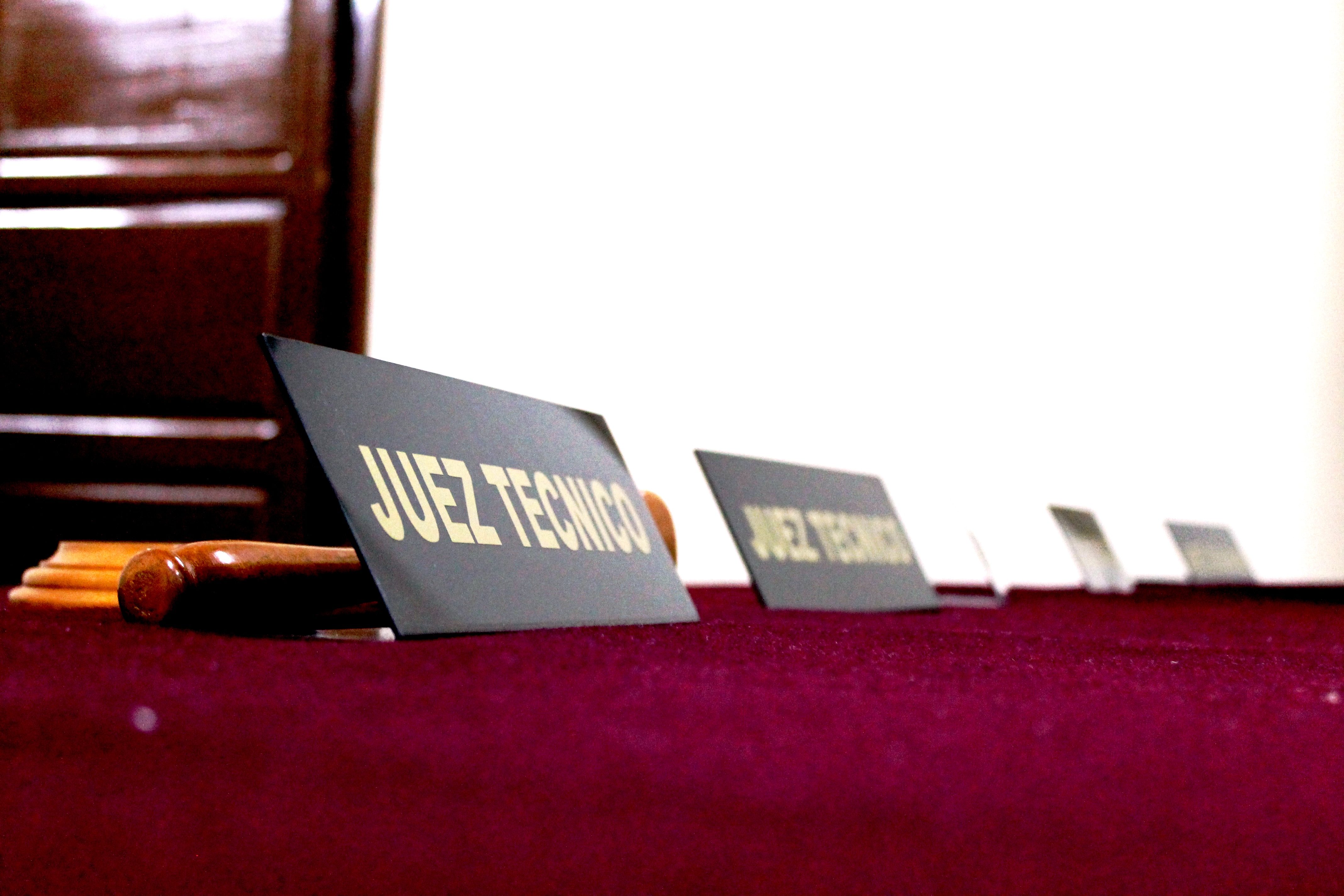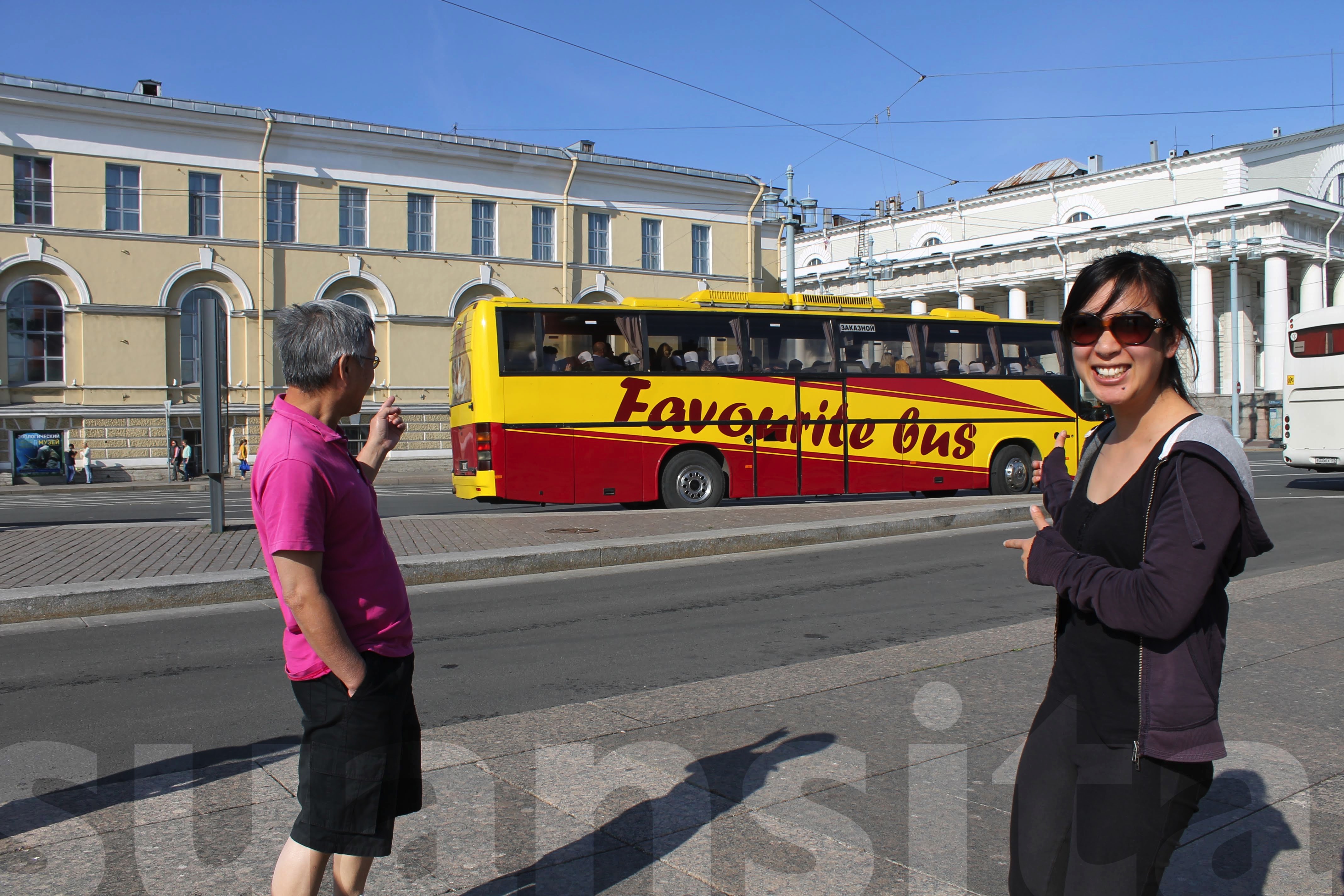1. Since 2011, Supreme Court judges have been elected by popular vote. In January 2015, President Evo Morales admitted the justice system had gotten worse under this arrangement, and proposed a referendum to modify the constitution and reform the justice system.
2. Under Morales (that is, since 2006), there have been five female Ministers for Justice – no men have held this portfolio.
3. Until 30 October 2014, criminal trials were heard by a bench including citizen judges, guided by one or two professional judges.
4. Ninety percent of criminal cases experience delays during the legal process. Our hearings are generally more likely to be suspended than not.
5. Hearings are usually suspended because a necessary party has not turned up. Often the accused will hide in jail to avoid going to court. I don’t know how this can possibly happen, but it does.




1 comment